Eating in a way that supports your heart doesn’t mean bland meals or complicated recipes—it’s actually about simple, tasty choices you can enjoy every day. By picking up a few heart-friendly foods on your next grocery run, you’re already doing something great for your body. This list has plenty of options that not only taste good but pack some serious benefits for your heart, helping with things like lowering cholesterol, reducing inflammation, and keeping blood pressure in check. Let’s dive into some easy, delicious foods you can add to your cart to keep your heart strong and happy.
Contents
- 1 Fatty Fish
- 2 Berries
- 3 Dark Leafy Greens
- 4 Nuts
- 5 Legumes
- 6 Avocados
- 7 Whole Grains
- 8 Olive Oil
- 9 Tomatoes
- 10 Dark Chocolate
- 11 Green Tea
- 12 Garlic
- 13 Edamame
- 14 Apples
- 15 Chia Seeds
- 16 Broccoli
- 17 More From RetailShout
- 18 15 Irresistible Appetizer Recipes for Your Next Party
- 19 13 Nostalgic Pizza Hut Dishes from the ‘90s You Forgot Existed
Fatty Fish
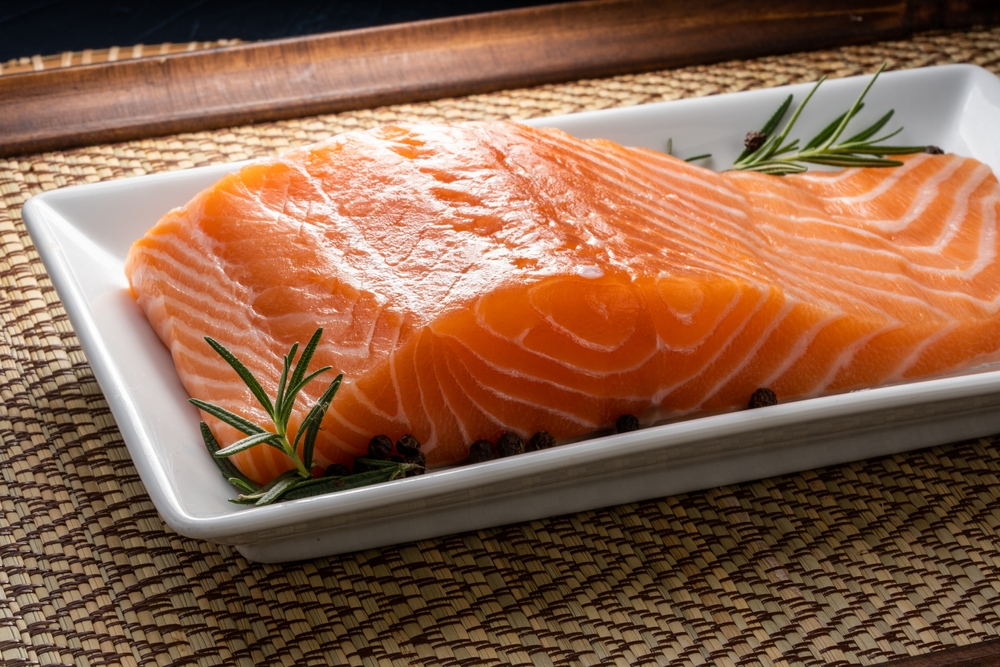
Fatty fish, such as salmon, mackerel, and sardines, are rich in omega-3 fatty acids, which have been extensively studied for their heart-health benefits. Omega-3s help reduce inflammation, lower blood pressure, and decrease triglyceride levels, all of which are risk factors for heart disease. Regular consumption of fatty fish is associated with a lower risk of cardiovascular events. The American Heart Association recommends eating at least two servings of fish per week, particularly fatty fish. Incorporating these into your diet can be as simple as grilling, baking, or adding them to salads. For those who don’t consume fish, fish oil supplements are an alternative, though it’s best to consult with a healthcare provider before starting any supplement regimen.
Berries

Berries, including strawberries, blueberries, raspberries, and blackberries, are rich in antioxidants like anthocyanins, which help reduce oxidative stress and inflammation. These compounds support heart health by protecting against the development of heart disease. Berries are also high in fiber, which aids in lowering cholesterol levels. Incorporating a variety of berries into your diet can be as simple as adding them to cereals, salads, or enjoying them as a snack. Frozen berries are a convenient option and retain most of their nutritional value.
Dark Leafy Greens
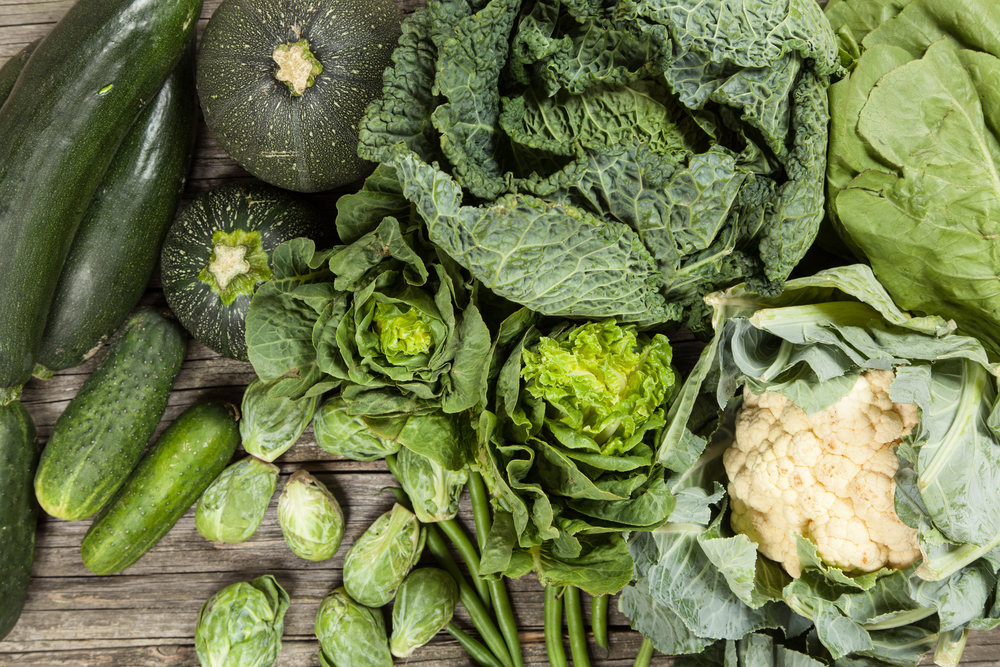
Dark leafy greens, such as spinach, kale, and collard greens, are packed with vitamins, minerals, and antioxidants that are beneficial for heart health. They are rich in nitrates, which help dilate blood vessels, improving blood flow and reducing blood pressure. These greens also provide fiber, which aids in lowering cholesterol levels. Incorporating them into your diet can be as simple as adding them to salads, smoothies, or sautéing them as a side dish.
Nuts

Nuts, including almonds, walnuts, and pistachios, are excellent sources of healthy fats, protein, and fiber. Regular consumption of nuts has been linked to lower levels of LDL cholesterol and reduced inflammation. They also provide essential nutrients like magnesium and vitamin E, which support heart health. Incorporating a small handful of unsalted nuts into your daily diet can be a heart-healthy snack option. Be mindful of portion sizes, as nuts are calorie-dense. Opt for raw or dry-roasted varieties without added sugars or salts to maximize their health benefits.
Legumes

Legumes, such as beans, lentils, and chickpeas, are rich in fiber, protein, and essential nutrients. They have been shown to lower LDL cholesterol levels and improve blood pressure. Incorporating legumes into your diet can help reduce the risk of heart disease. They are versatile and can be added to soups, and salads, or used as a meat substitute in various dishes. Canned legumes are a convenient option; just be sure to choose low-sodium varieties or rinse them before use to reduce sodium content.
Avocados
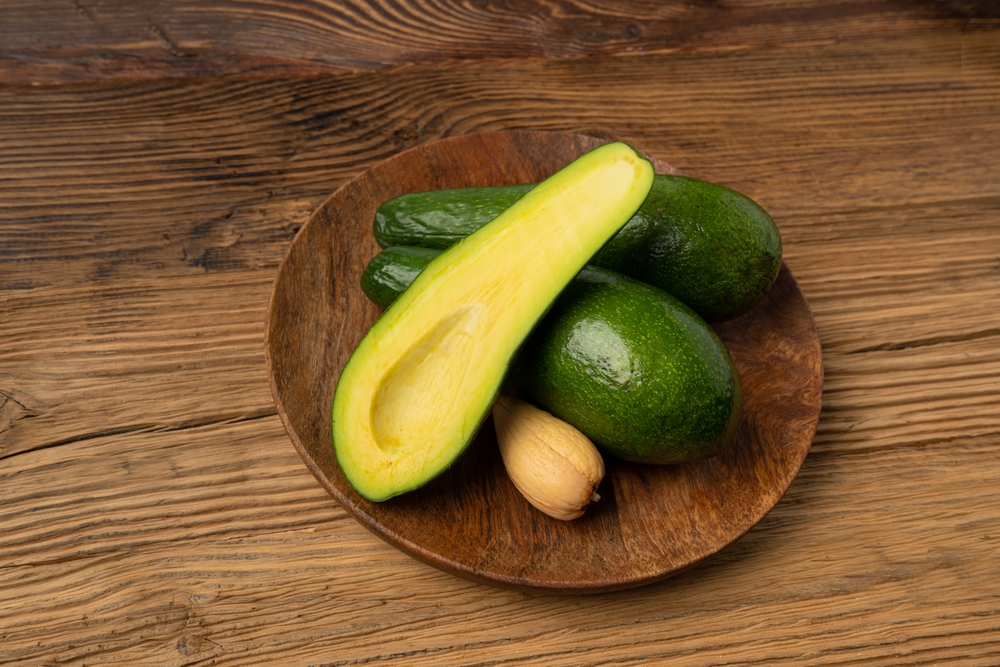
Avocados are rich in monounsaturated fats, which are known to improve heart health by lowering LDL cholesterol levels. They also provide potassium, a mineral that helps regulate blood pressure. Incorporating avocados into your diet can be as simple as adding them to salads, spreading them on toast, or blending them into smoothies. They are also high in fiber, which aids in cholesterol management. Be mindful of portion sizes, as avocados are calorie-dense.
Whole Grains
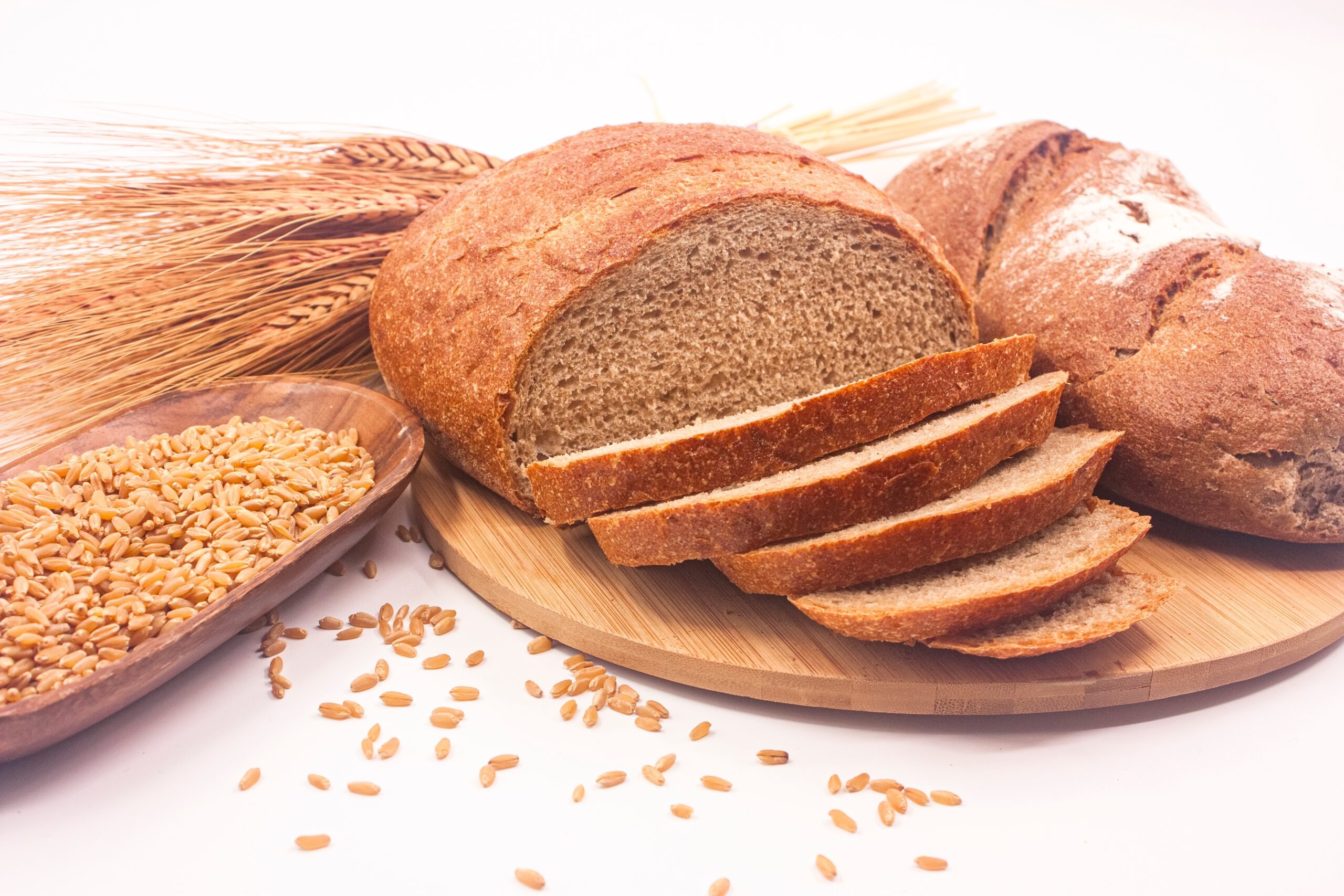
Whole grains, such as brown rice, quinoa, and whole wheat, are excellent sources of fiber and essential nutrients. They help reduce LDL cholesterol levels and improve overall heart health. Replacing refined grains with whole grains in your diet can lower the risk of heart disease. Incorporate whole grains into your meals by choosing whole-grain bread, pasta, and cereals. Be sure to check labels for whole grain as the first ingredient to ensure you’re getting the full benefits.
Olive Oil
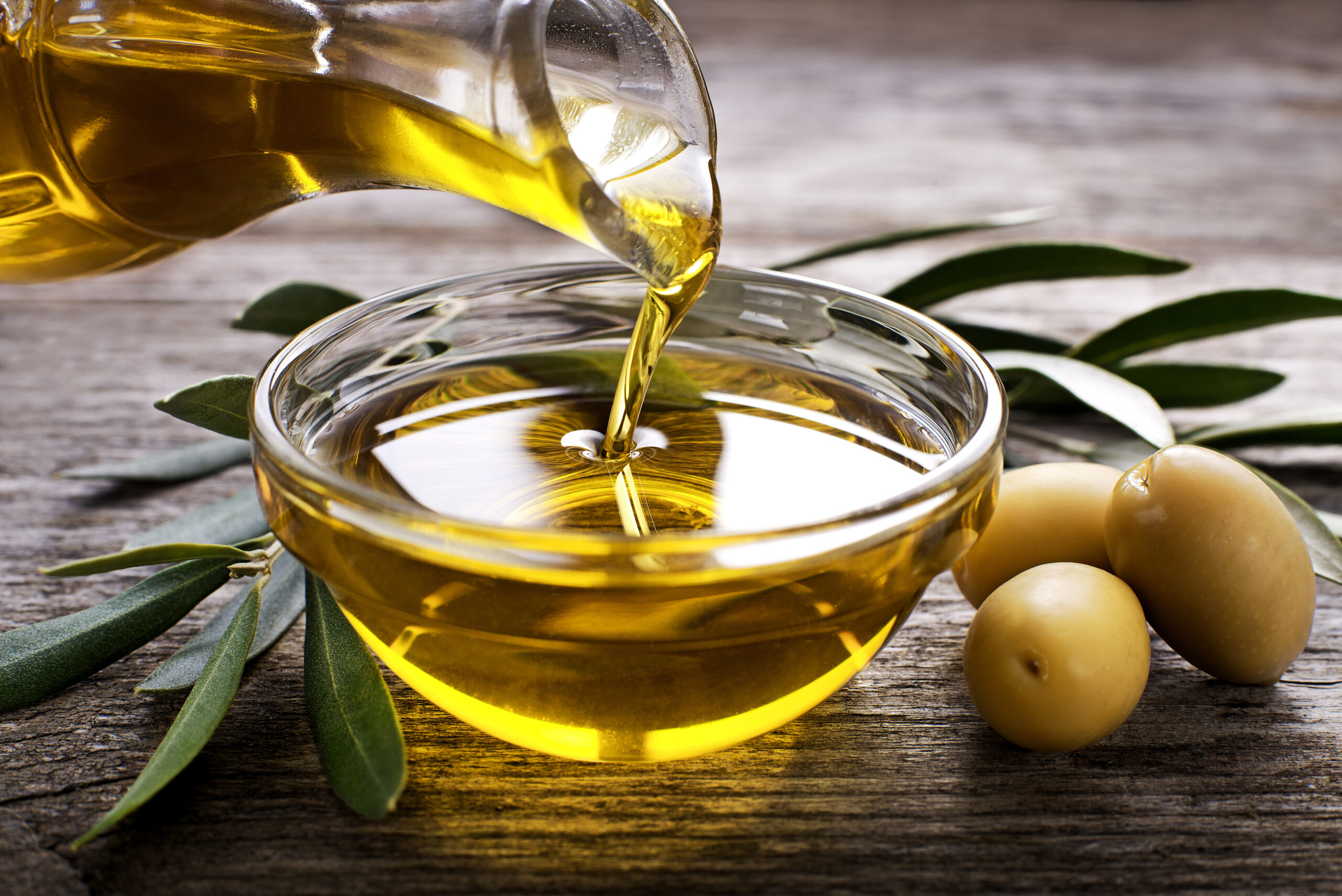
A staple of the Mediterranean diet, olive oil is renowned for its heart-health benefits. Rich in monounsaturated fats, it helps lower LDL (bad) cholesterol levels while maintaining HDL (good) cholesterol. Additionally, olive oil contains antioxidants that reduce inflammation and decrease the risk of heart disease. Incorporating olive oil into your diet can be as simple as using it for cooking or as a base for salad dressings. Opt for extra-virgin olive oil, as it is less processed and retains more beneficial nutrients.
Tomatoes
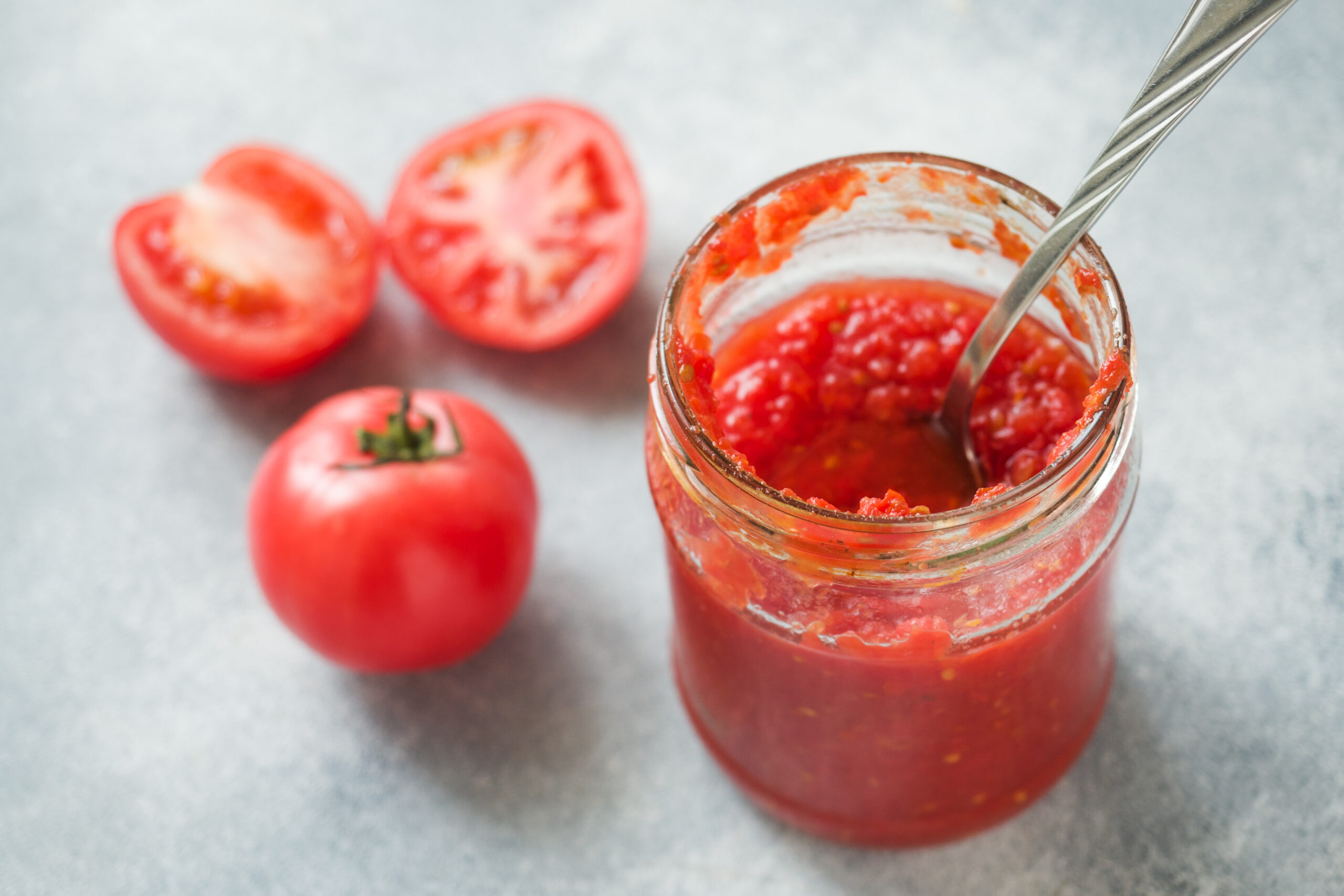
Tomatoes are rich in lycopene, a powerful antioxidant that has been linked to a reduced risk of heart disease. Lycopene helps lower LDL cholesterol levels and keeps blood vessels open, reducing the risk of heart attacks. Cooking tomatoes increases the availability of lycopene, making tomato-based sauces and soups excellent choices. Incorporating tomatoes into your diet can be as simple as adding them to salads, sandwiches, or enjoying them as a snack. They are also a good source of vitamin C, potassium, and folate, all of which support heart health.
Dark Chocolate

When consumed in moderation, dark chocolate can be beneficial for heart health due to its high content of flavonoids, particularly flavanols. These compounds help improve blood flow, reduce blood pressure, and lower the risk of heart disease. Choosing dark chocolate with at least 70% cocoa ensures a higher concentration of antioxidants and less sugar. Incorporating a small piece of dark chocolate into your diet can be a heart-healthy treat. Be mindful of portion sizes, as chocolate is calorie-dense. Regular, moderate consumption has been linked to a reduced risk of cardiovascular events.
Green Tea

Green tea is rich in polyphenols and catechins, antioxidants that have been shown to improve heart health. Regular consumption can help lower LDL cholesterol and triglyceride levels. Green tea also aids in improving arterial function and reducing blood pressure. Incorporating green tea into your daily routine can be as simple as replacing sugary beverages with a cup of freshly brewed tea. Opt for unsweetened varieties to maximize health benefits.
Garlic
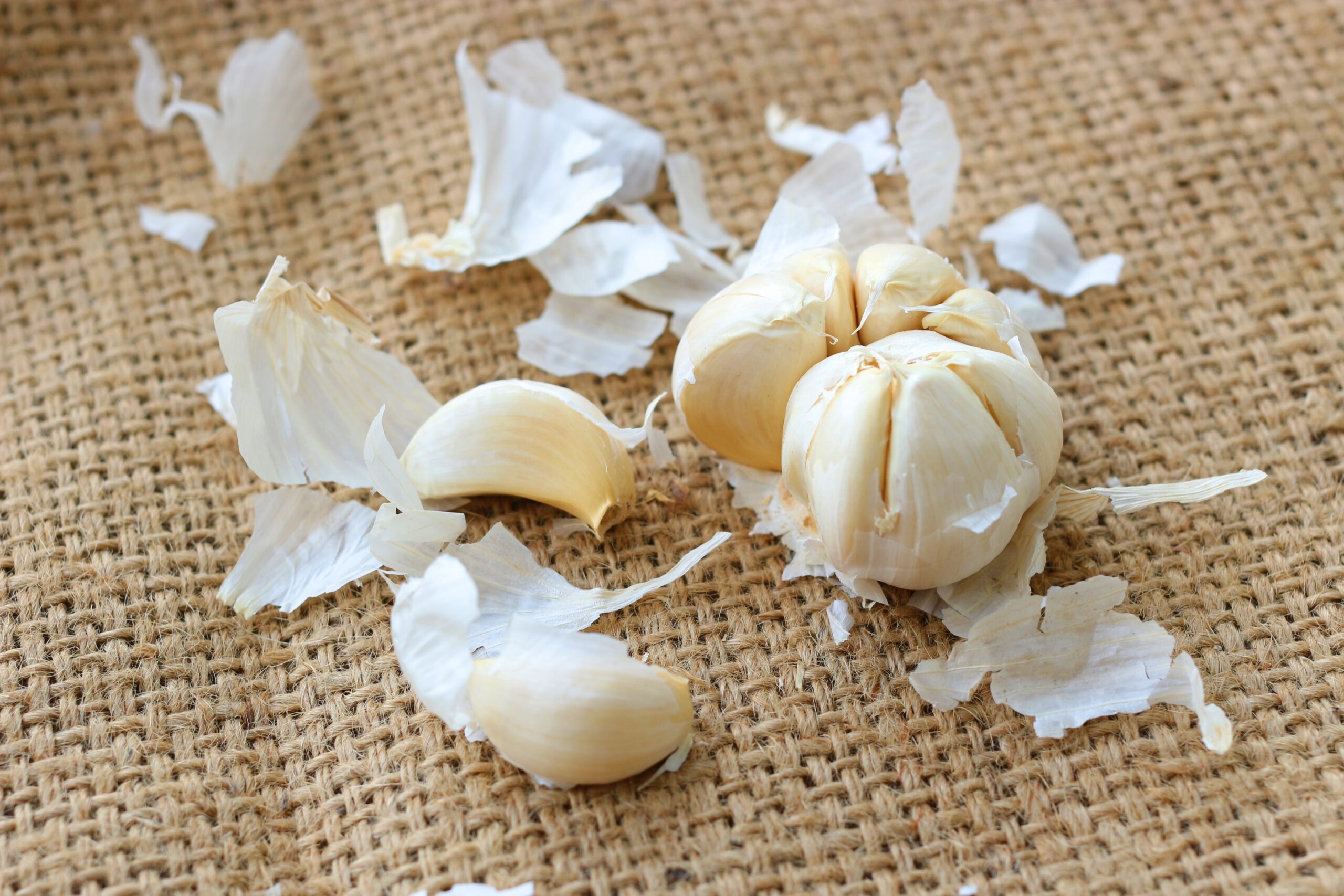
Garlic has been used for centuries for its medicinal properties, particularly in promoting heart health. It contains allicin, a compound that helps reduce blood pressure and cholesterol levels. Regular consumption of garlic can improve arterial health and reduce the risk of heart disease. Incorporating garlic into your diet can be as simple as adding it to sauces, soups, and marinades. For maximum benefits, use fresh garlic and allow it to sit after chopping to activate beneficial compounds.
Edamame
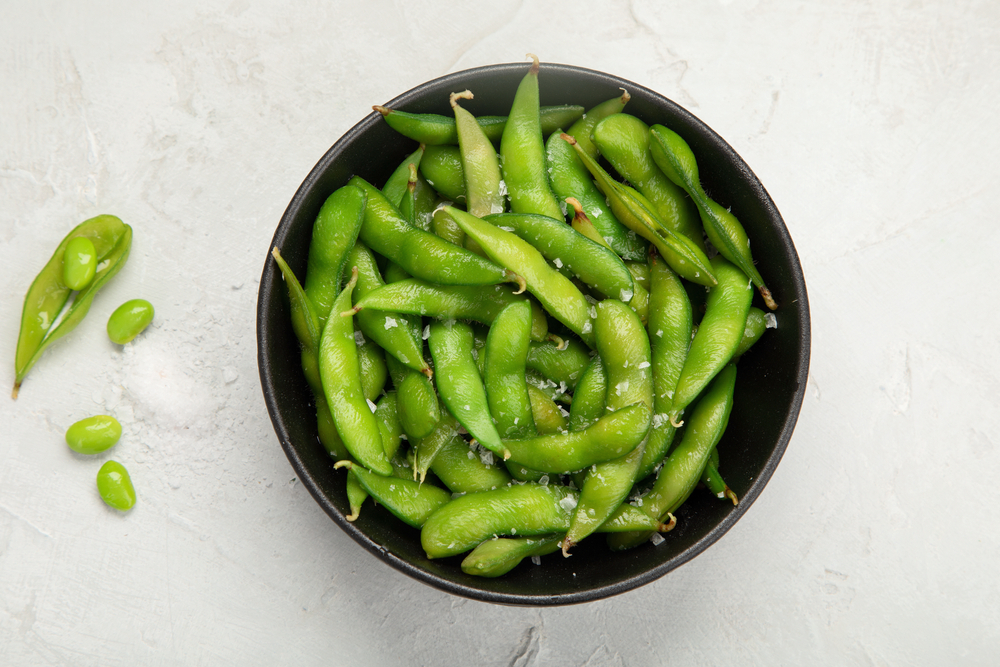
Edamame, or young soybeans, are a nutritious snack rich in protein, fiber, and isoflavones. These compounds help lower cholesterol levels and improve heart health. Edamame is also a good source of omega-3 fatty acids, which reduce inflammation and the risk of heart disease. Incorporating edamame into your diet can be as simple as steaming them and adding a pinch of sea salt for flavor. They can also be added to salads, stir-fries, or enjoyed as a standalone snack.
Apples
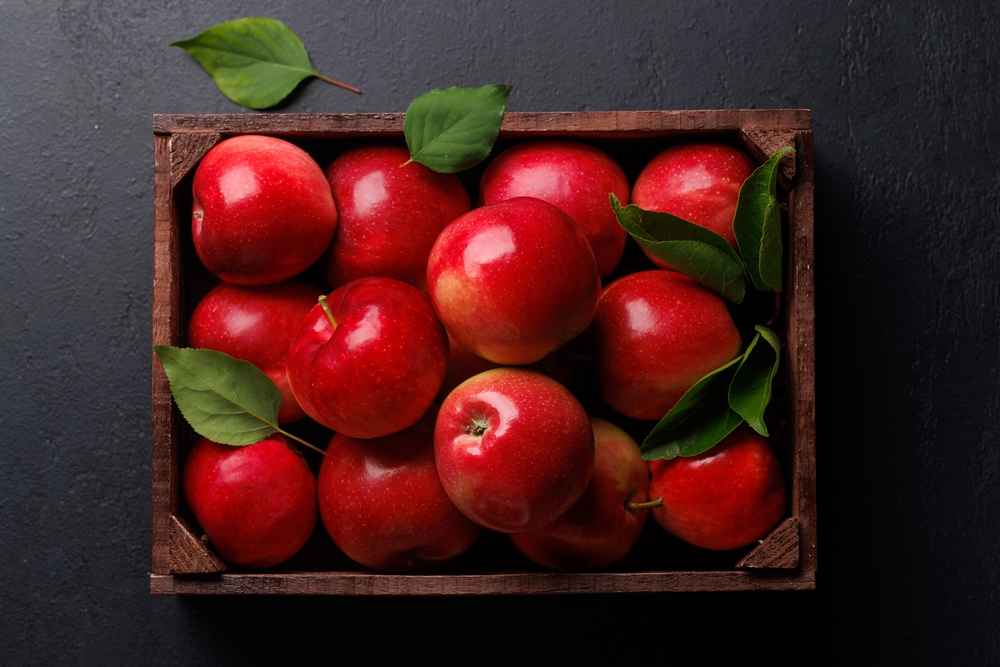
Apples are a convenient and nutritious fruit that offer several heart-health benefits. They are high in soluble fiber, particularly pectin, which helps lower LDL cholesterol levels. Apples also contain polyphenols, antioxidants that reduce oxidative stress and inflammation. Incorporating apples into your diet can be as simple as enjoying them as a snack or adding them to salads and oatmeal. Be sure to eat the skin, as it contains a significant portion of the fiber and antioxidants. Regular consumption of apples is associated with a reduced risk of heart disease.
Chia Seeds

Chia seeds are a nutrient-dense food rich in omega-3 fatty acids, fiber, and antioxidants. They help lower LDL cholesterol levels and reduce inflammation, supporting heart health. Incorporating chia seeds into your diet can be as simple as adding them to smoothies, yogurt, or oatmeal. They can also be used to make chia pudding, a healthy dessert option. Chia seeds absorb liquid and form a gel-like consistency, which can help you feel fuller longer.
Broccoli
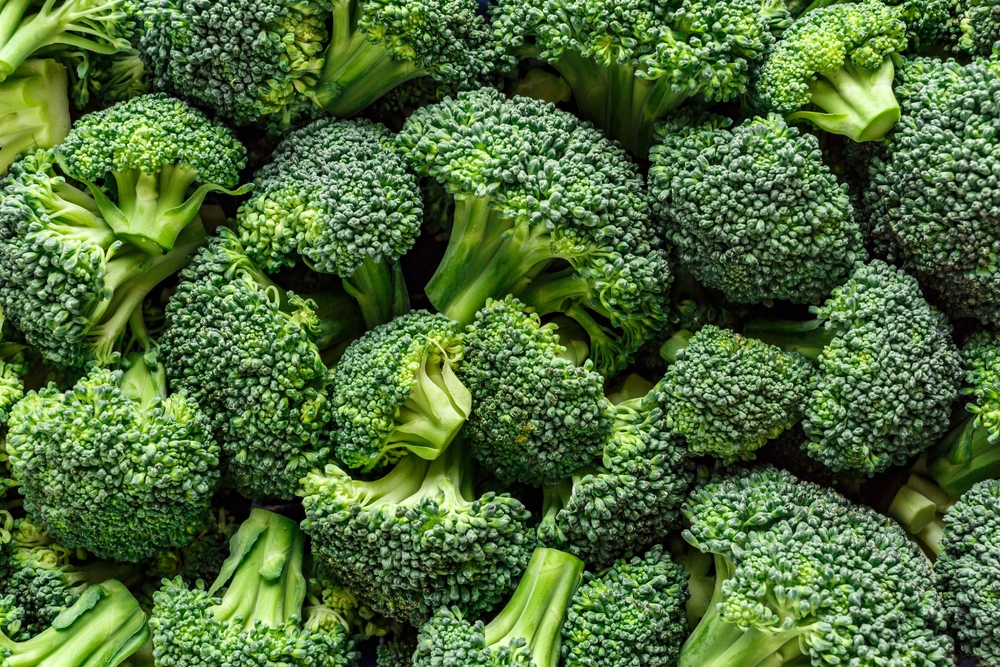
Broccoli is a cruciferous vegetable rich in vitamins, minerals, and antioxidants that support heart health. It contains fiber, which helps lower cholesterol levels, and sulforaphane, a compound that reduces inflammation. Incorporating broccoli into your diet can be as simple as steaming, roasting, or adding it to stir-fries. It is also a good source of vitamin K, which is important for blood clotting and bone health. Regular consumption of broccoli is associated with a reduced risk of heart disease.
This article originally appeared on RetailShout.
More From RetailShout
15 Unusual Ingredients That Elevate Your Gut Health
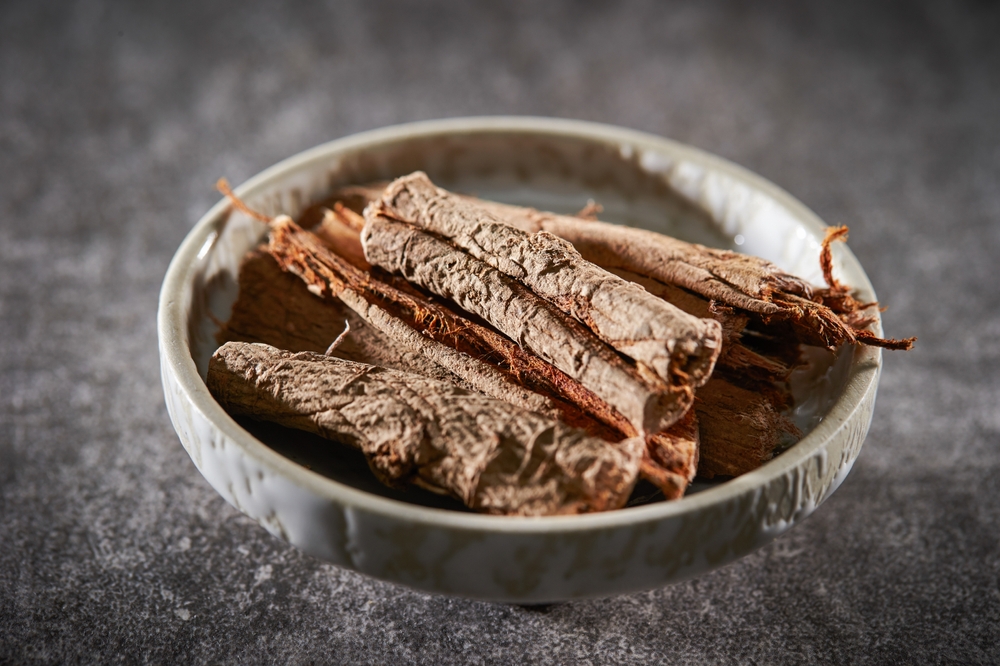
Supporting gut health doesn’t have to be a complex task filled with hard-to-follow rules. Some of the most beneficial ingredients for your digestive system might surprise you. Read More.
15 Irresistible Appetizer Recipes for Your Next Party

Planning a party can be fun, but figuring out what appetizers to serve can be a challenge. You want something that’s easy to make, sure to impress, and keeps everyone coming back for more. Read More.
13 Nostalgic Pizza Hut Dishes from the ‘90s You Forgot Existed

Pizza Hut has been a staple in American dining for decades, known for its diverse menu offerings that have evolved over time. In the 1990s, Pizza Hut introduced a range of unique and memorable menu items that captured the vibe at the time. Read More.






